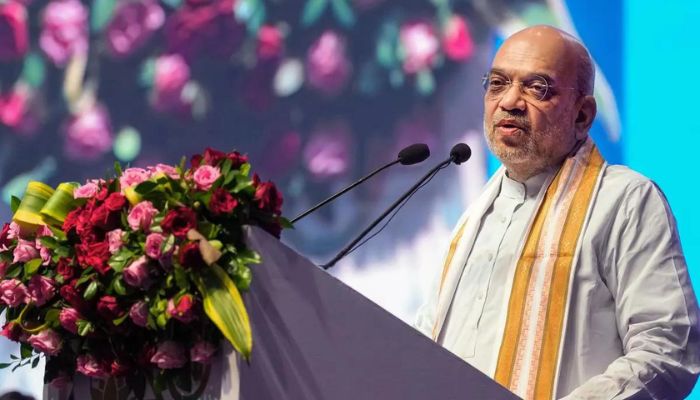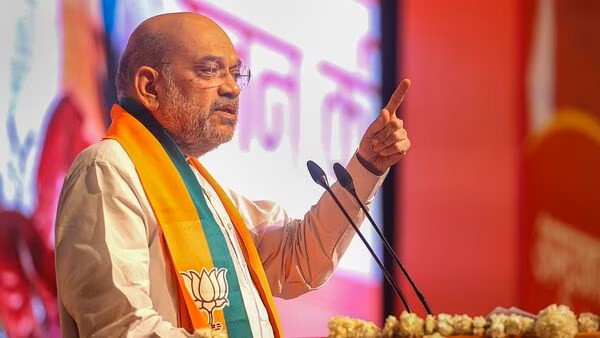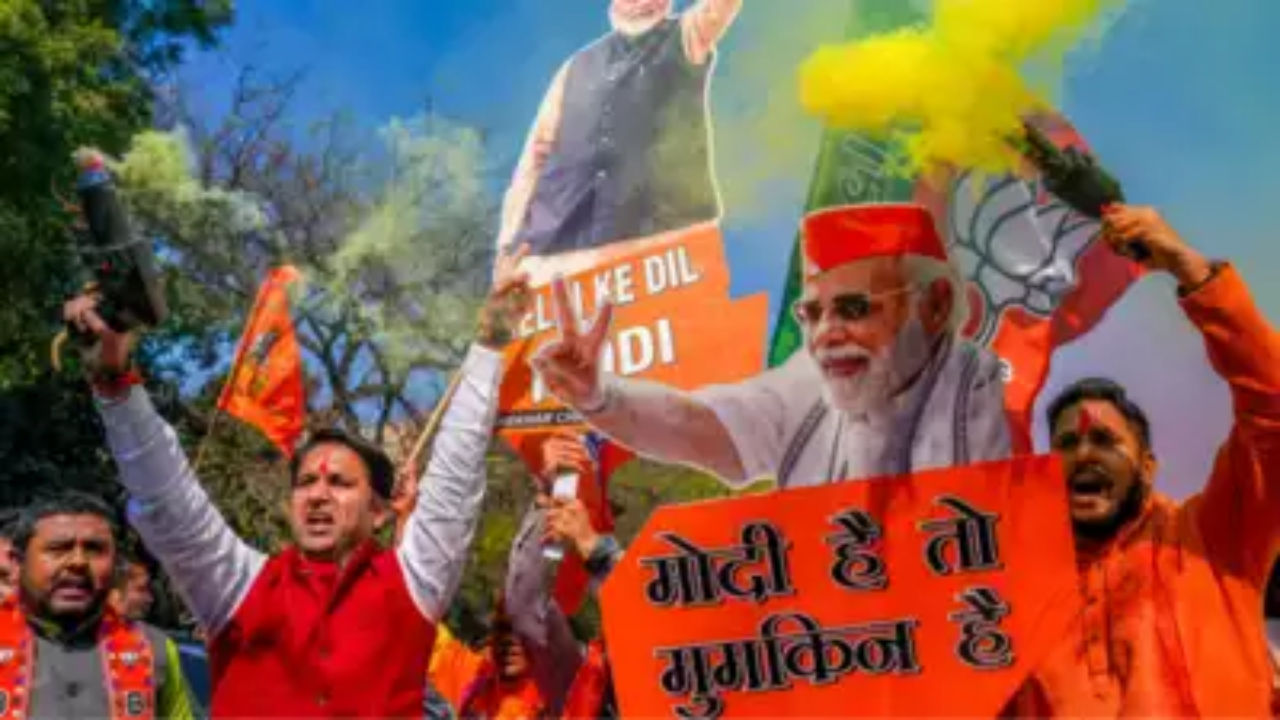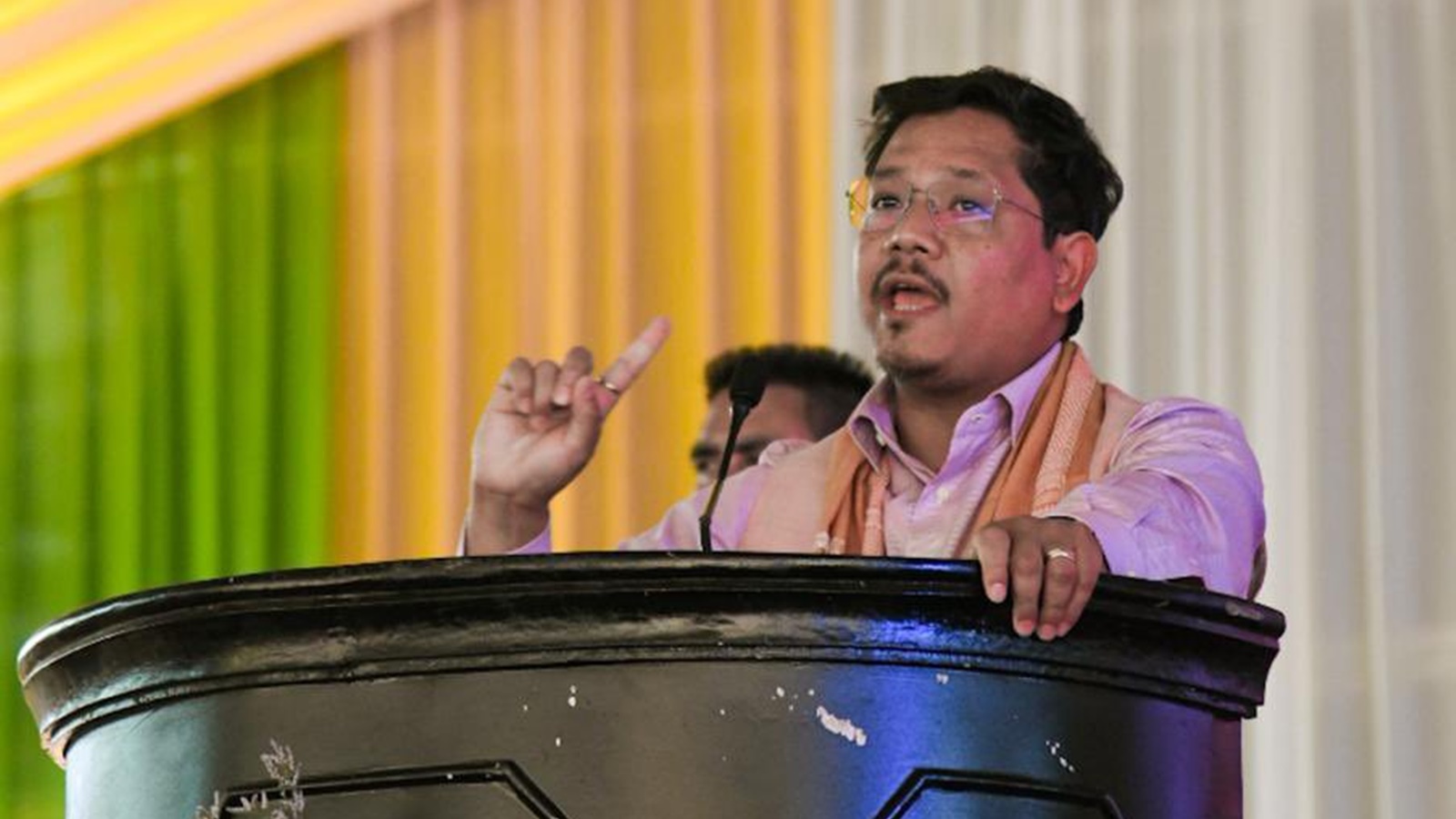the Indian government, aligning with Prime Minister Narendra Modi’s zero-tolerance policy towards terrorism and separatism, declared the Jamaat-e-Islami Jammu Kashmir (JeI) an Unlawful Association under the Unlawful Activities (Prevention) Act (UAPA) 1967. This initial ban was recently extended for another five years, sparking renewed debate and highlighting the complexities surrounding the JeI and the situation in Jammu and Kashmir.
 The government’s decision hinges on accusations against the JeI of engaging in activities detrimental to national security, territorial integrity, and national sovereignty. This aligns with the Modi administration’s firm stance against groups perceived as fueling extremism and separatism within India. The government cites ongoing investigations and criminal cases registered against the JeI and its members under various sections of the law, including the UAPA, to support its claims.
The government’s decision hinges on accusations against the JeI of engaging in activities detrimental to national security, territorial integrity, and national sovereignty. This aligns with the Modi administration’s firm stance against groups perceived as fueling extremism and separatism within India. The government cites ongoing investigations and criminal cases registered against the JeI and its members under various sections of the law, including the UAPA, to support its claims.
The JeI has consistently refuted these accusations, maintaining its stance as a socio-political and religious organization. They point to their involvement in social welfare and educational initiatives as evidence against the government’s claims. The group previously faced a ban from 1990 to 1995, and the ongoing legal battle between them and the government underscores the contested nature of the narrative surrounding their activities.
While the government emphasizes its commitment to safeguarding national security, concerns about potential violations of civil liberties and freedom of expression have been raised by critics. The extension of the ban could further exacerbate the already tense situation in Jammu and Kashmir, potentially leading to increased social unrest. Additionally, the impact on JeI’s supporters and the broader socio-political landscape of the region remains to be fully understood.
It is crucial to acknowledge the multifaceted nature of this issue. Recognizing the perspectives of various stakeholders, including the JeI, its supporters, and the Indian government, is critical. Respecting the ongoing legal processes and fostering open dialogue are crucial steps towards a comprehensive and nuanced understanding of the situation. Only through such an approach can we begin to address the complex challenges facing the region and its people.




